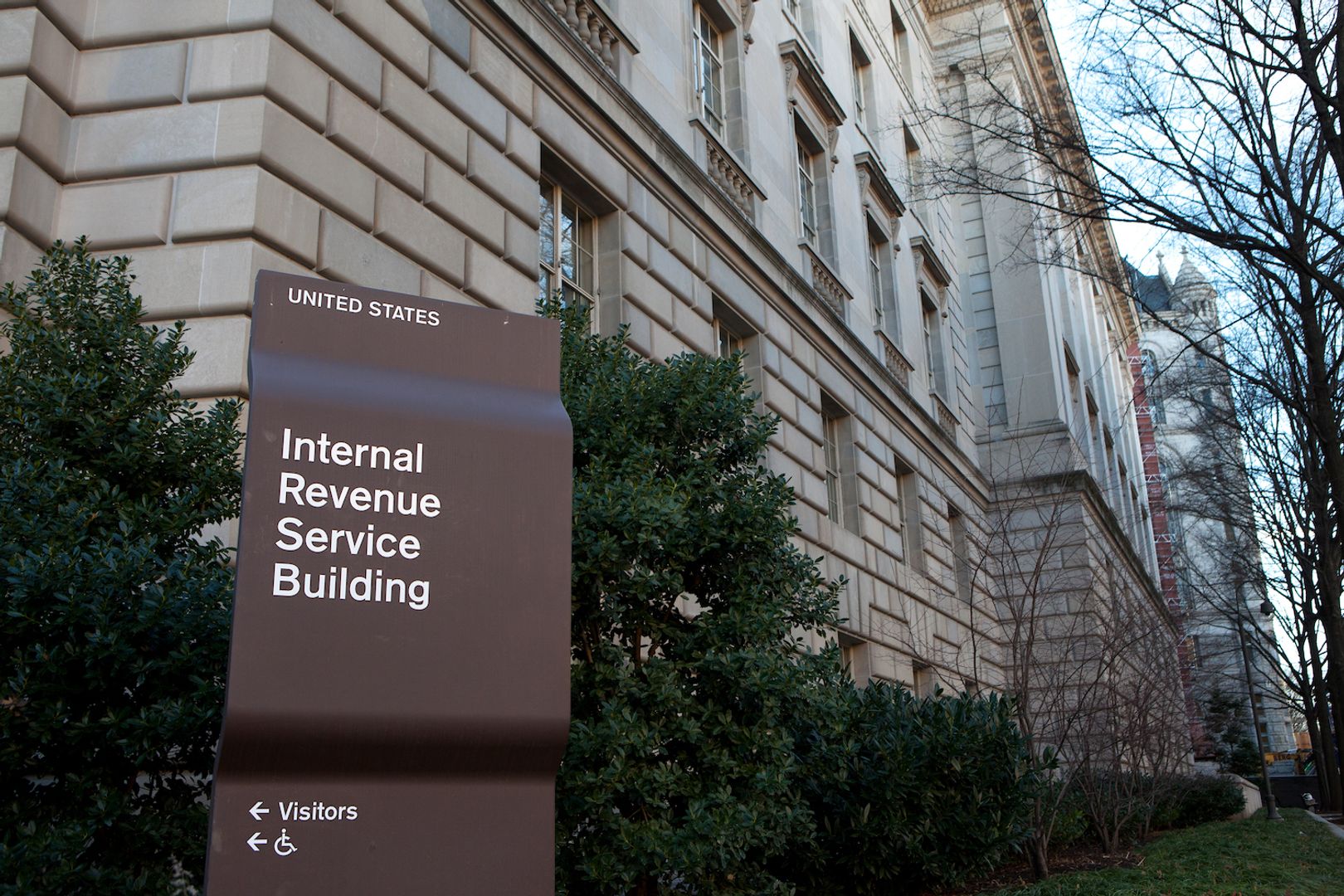
In February, the Division of Authorities Effectivity (DOGE) started soliciting public enter pertaining to the U.S. Securities and Alternate Fee (SEC) — a transfer suggesting reform on the company is imminent.
Since then, the SEC, consistent with President Trump, has taken a far much less adversarial stance in direction of the cryptocurrency business, as evidenced by the appointment of crypto-friendly personnel and the abandonment of quite a few lawsuits and investigations into crypto firms. However DOGE has the potential to implement additional change, and curiosity within the SEC alerts rising stress in direction of regulators to reassess their method to digital belongings.
In response to the request for public enter, Paul Grewal, Chief Authorized Officer at Coinbase — one of many firms not going through a lawsuit from the SEC — proposed a coverage requiring the SEC to reimburse authorized prices for firms that efficiently problem enforcement efforts. The motivation for his suggestion is apparent, however the affect of DOGE on crypto will doubtless be a bit broader.
As Joel Khalili summarized in Wired, the SEC’s current retreat from lawsuits represents “an early sign of the company’s intent to work arm in arm with the business to give you a algorithm to control crypto transactions and merchandise.”
As issues presently stand, the SEC’s lack of proactive steering makes it tough for companies to plan long-term compliance methods, and their enforcement actions usually come after years of operation, leaving firms and their buyers uncovered to unexpected authorized dangers. Going ahead, it will doubtless change.
Clear Compliance Over Reactive Enforcement
Counting on enforcement as an alternative of proactive steering has pressured firms like Coinbase, Ripple, and Celsius to spend tens of millions in litigation to make clear their regulatory standing. However in a single case towards Debt Field, the SEC admitted to inaccuracies in its statements, main a court docket to order the SEC to cowl the corporate’s authorized bills — a preview of Coinbase’s suggestion. The ruling solid doubt on the company’s credibility and highlighted considerations over its enforcement practices.
Sooner or later, count on to see regulatory companies – together with the SEC – beneath elevated stress to align with the U.S. Treasury’s method, which prioritizes clear compliance pathways over reactive enforcement. The Treasury’s digital asset pointers are way more structured and deal with key areas like tax reporting, compliance and AML measures. Standardized definitions of what constitutes a safety within the crypto area are important for serving to firms construction their merchandise appropriately from the outset.
A Balancing Act
Along with taking notes from the Treasury, the SEC may look to the IRS for inspiration. A “protected harbor” provision for early-stage initiatives might encourage innovation whereas guaranteeing compliance over time, much like proposals beforehand mentioned by SEC Commissioner Hester Peirce. The IRS already embraced this method, issuing short-term transitional aid for crypto taxpayers in January 2025.
The IRS traditionally relied on voluntary disclosure packages to deliver taxpayers into compliance relatively than imposing punitive actions upfront. An identical mannequin ought to be utilized to crypto regulation as nicely.
Whereas some individuals assume regulation inherently hinders innovation, the other may be true. It’s because clearly outlined guardrails will entice extra risk-averse entities to enter the ecosystem and assist it develop. A light-weight regulatory contact requires strong backend enforcement and might result in pointless friction between regulators and companies.
Altogether, higher coordination between the SEC, Treasury, and IRS would assist forestall regulatory conflicts and streamline compliance obligations for digital asset firms and stakeholders. The Treasury’s digital asset pointers already supply a robust basis for the sort of cross-agency alignment. The present regulatory uncertainty and the SEC’s reactive enforcement method stifles development, whereas a clearer, extra coordinated framework would profit the complete ecosystem.
The Backside Line
Between the DOGE’s request for enter, the brand new administration’s broader dedication to digital asset reform, and Coinbase’s proposal, the stage is ready for reforms aiming to make regulatory oversight extra predictable. Whereas we’re within the early phases of the brand new administration, modifications are already occurring at a staggering tempo. It’s clear that DOGE’s affect on SEC insurance policies will make an affect – particularly with public discourse on these points additional strengthening the case for clearer pointers relatively than regulation by enforcement.
In fact, it’s value noting that DOGE’s plans for the SEC will doubtless lengthen past crypto, simply as efforts to manage the business lengthen past the SEC. In the end, it could be helpful for the brand new administration, along with Congress, to create a legislative framework for the business, so enterprises and particular person taxpayers alike perceive what constitutes a commodity, safety, and digital asset. In different phrases, we should study to stroll earlier than we run. Within the meantime, the SEC ought to undertake a method that may foster development whereas sustaining investor protections.


